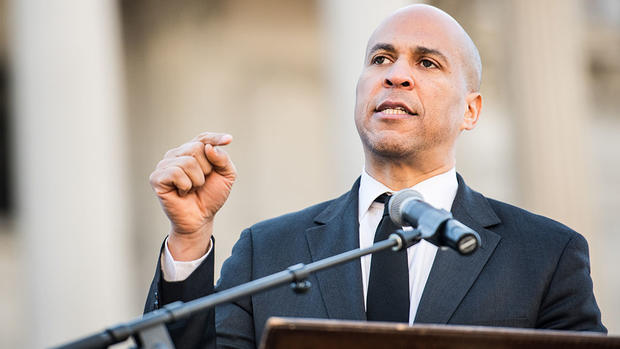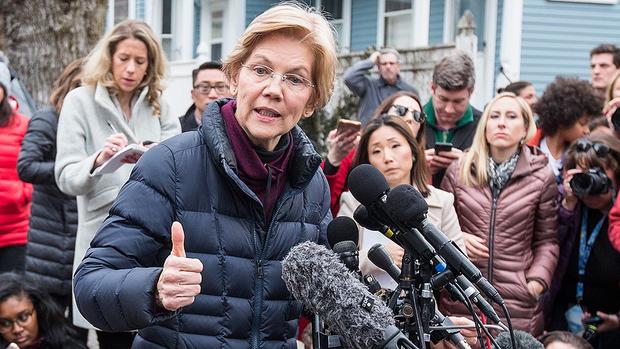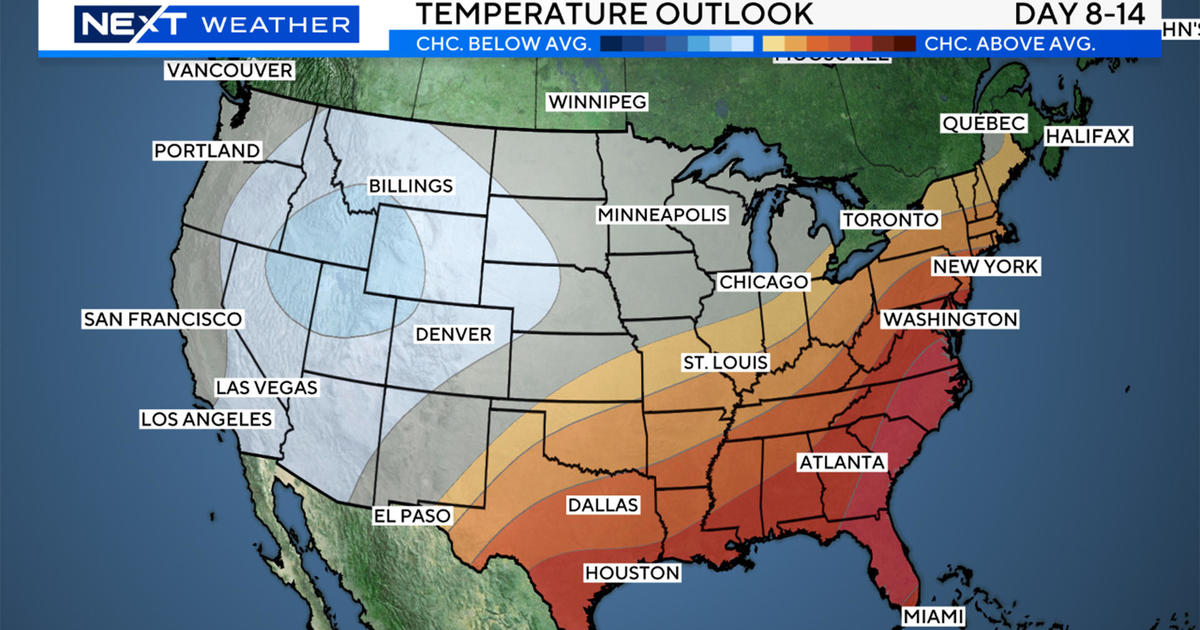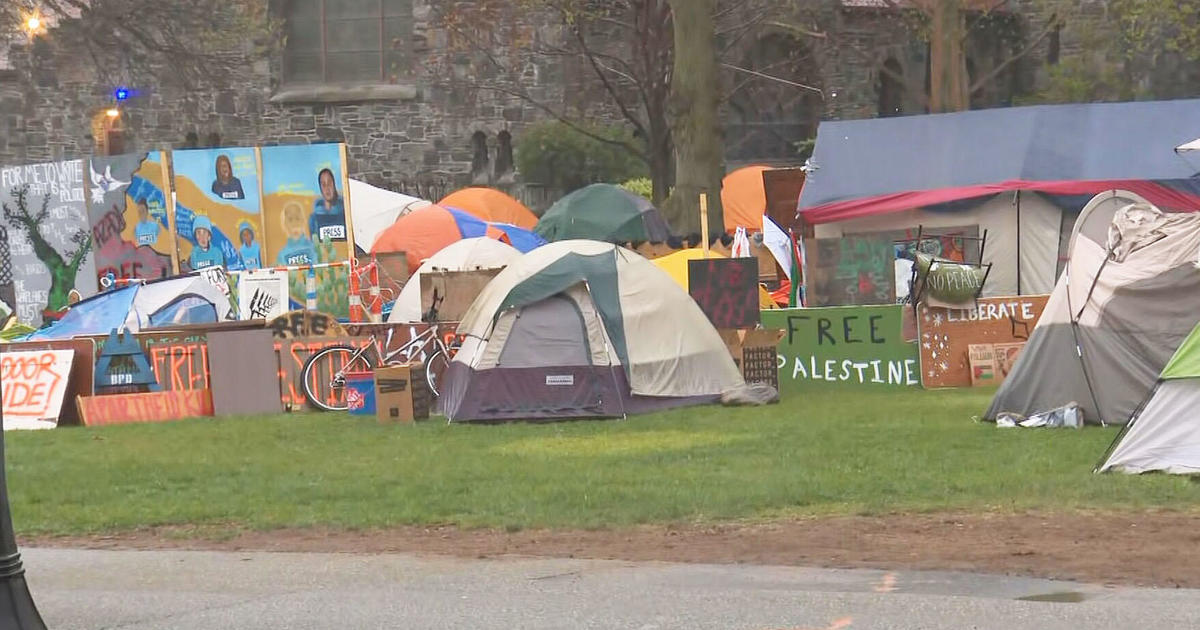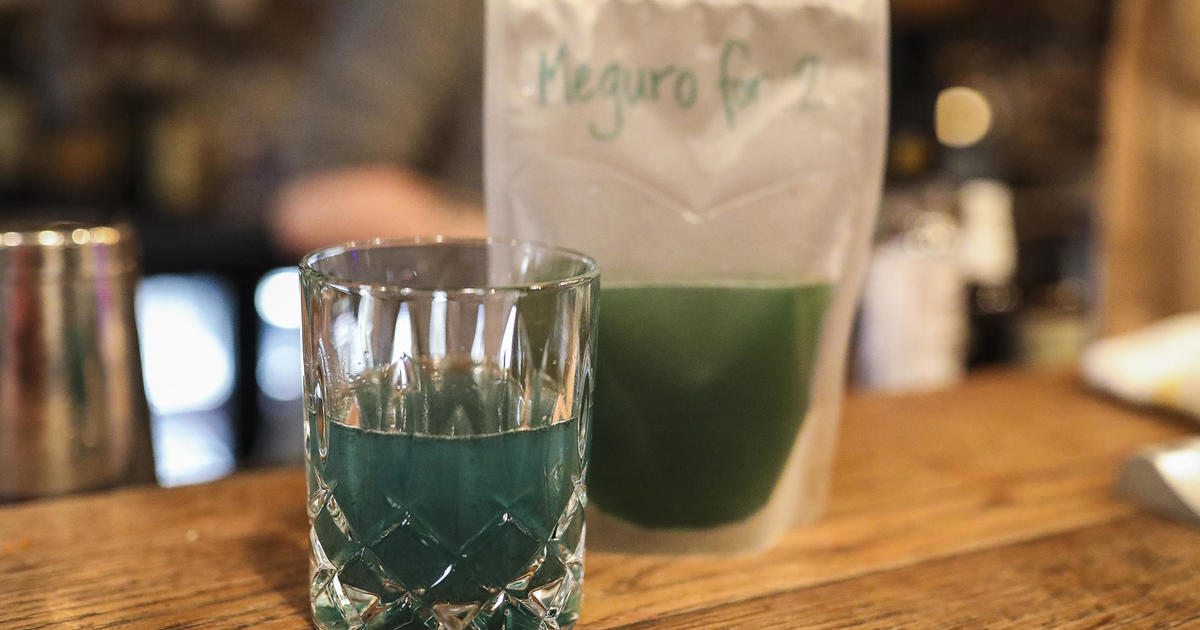Keller @ Large: Cory Booker Joins Crowded 2020 Presidential Race
BOSTON (CBS) - New Jersey Sen. Cory Booker's entrance into the 2020 Democratic presidential nomination race makes it ten "serious" (i.e. possessed of at least minimally-plausible resources) candidates so far.
Many more are likely to enter in the coming weeks.
Having trouble keeping them straight?
Here's a pro-tip: don't get tied up in knots trying, as so many pundits do, to dope out their plusses and minuses, the minutiae of their fundraising and campaign staffing, which imaginary "lane" they might try to occupy. All you'll get from that is a throbbing headache and, if you look back at your notes 18 months from now, a lot of useless notes.
Instead, focus on the folks who will make the call in this race and the 2020 general election – the voters.
Who will show up to vote in numbers in caucuses, primaries, and the big show on November 3, 2020?
Booker's candidacy – along with that of Sen. Kamala Harris of California – reflects the belief that African-American voters will play an outsized role.
The election of Democrat Doug Jones in Alabama's 2017 special Senate election, the near-misses of African-American gubernatorial candidates Stacey Abrams of Georgia and Andrew Gillum in Florida, and the key role black voters played in the Democrats' midterm election gains (like the upset victory of Ayanna Pressley in Massachusetts' Seventh District) have made a strong case that candidates of color like Booker and Harris can draw out the strong black turnout that helped elect Barack Obama twice (and whose lack of enthusiasm doomed Hillary Clinton in 2016).
Sen. Elizabeth Warren also wants in on this action, and has drawn some early interest among black voters for her strong rhetoric about income inequality and racism in the criminal justice system.
But if, say, candidates of color don't survive the Democrats' process and economic growth mutes black-voter backlash against the Republicans, other voting blocs could become key players.
We saw how women across a wide class and ideological spectrum channeled their grievances with President Trump and misogyny in general into support for Democrats last fall.
It's no coincidence that half of the ten announced Democrats so far are female.
How about beleaguered Millenials, sick and tired of failed Baby Boomer leadership and looking to give one of their own a chance?
Half of the candidates are under 50, including Booker (49) and former Obama-era cabinet official Julian Castro (44); two are under 40 (Rep. Tulsi Gabbard of Hawaii and South Bend, Indiana Mayor Pete Buttigieg, both 37.
And while it's always risky to transpose the dynamic of a previous election cycle onto a new one, what if Democrats and independents choosing the Democratic nominee decide they want to flip the bird at Mr. Trump and the GOP establishment as aggressively and colorfully as possible, just as Republican primary voters decided in 2016?
Could that favor bomb-tossers like Warren, who's proven unafraid to trade Twitter taunts with Mr. Trump, or even New York Sen. Kirsten Gillibrand, known to unapologetically curse like a sailor?
We've got a long, long way to go, and much to learn before any sort of reasonably-informed speculation can occur.
What will the economy be like one year from now as the first voting approaches? What about foreign affairs?
Experience tells us to expect the unexpected; two years of Trumpism teaches us to count on it.
So what's the profound, underlying epiphany we can take away from Sen. Booker's entrance into the race?
You can't win if you don't play.
